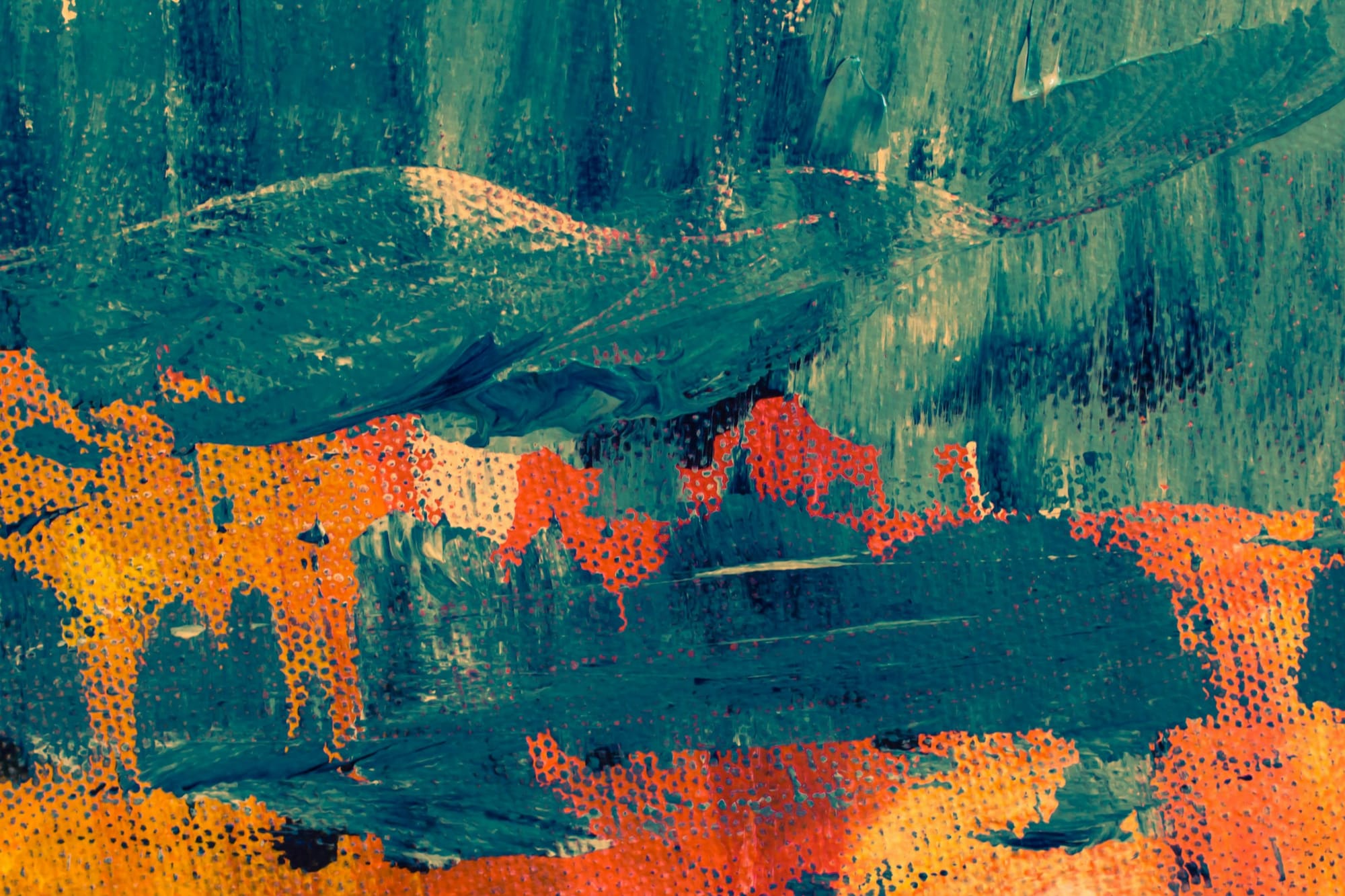What I haven't been saying
The July 2025 Newsletter
I wrote my last newsletter and thought I was baring my soul. Now that I look at it, I realize I hid everything pretty well:
But my corners aren't just physical spaces—they're emotional ones, too. I keep talking around things these days, avoiding certain conversations in public but having intense, private ones with family and close friends. Sometimes when my number comes up on someone's phone or I text, "Can I call?" they know it won't be a fun conversation.
I thought it was obvious, but it wasn't at all.

The truth is I am sitting with two near realities: my sister and my mother will likely pass away in the next few months.
My sister Judy has brain cancer. It's serious and no longer treatable. She had surgery almost two months ago and suffered a stroke. She now needs assistance and has trouble speaking. We got her home just over a week ago so she could be in a place of comfort, but there's a real possibility she'll be back in hospice before the end of the month. My days are spent with her, helping her, caring for her.
At the same time, there is also my mother. She is 92. Starting about four and a half years ago, I drove up almost every weekend for two years to check on her, make sure she was safe in her condo, make sure she had what she needed—until she fell and couldn't get up and we moved her into a care home.
For a while, she was doing well there, but concerned calls about her health have begun to increase.
Last week was supposed to be my sister's final visit with our mother. We planned everything carefully—I practiced wheelchair transfers, got Judy ready for what we knew would be a difficult trip. Then, the morning I was picking up the rental car, the nursing home called to say Mom was "failing." What we'd planned as Judy's last goodbye became both of ours.
It's a lot to deal with.
After my sister was first diagnosed at the start of 2024, she spent time with her friends and my wife and I went for a drive so they could be together. We were driving towards the Port Mann Bridge on a rainy afternoon when I realized that at some point I'd be the last one of my family—the one I was born into. I'd have extended family, my wife and kids, but I'd be the last of the household. It was the first time the emotions hit.
Now, they feel even more present.
After my sister's recent surgery, I started pulling back. Quit coaching, slowed down on personal writing and Counios and Gane writing. Focused on rebuilding my university course since it was contract work. Spent my time visiting my sister, taking care of the things she couldn't, and preparing myself for the months to come.
Returning to last month's newsletter, I also see the beginning of what I want to do next. Shortly after I sent it, I created a document called "David Gane Writing Career Plan": Write two stories a week, short pieces from 50 to 1000+ words, whatever I have in me, plus a newsletter. Release them as a subscription, do monthly readings, and eventually gather them into collections that I release as books.
It's partly a reaction to this moment: grief, time, watching the people I love pass away and lose their words and their memories. It's also a response to working as a teacher and writer in a world where AI is everywhere. I embrace AI, I use it, I play with it, but I'm also frustrated by it and worry about how it devalues the work I'm trying to accomplish.
The stories I've been writing are auto-fiction—a form of truth, but fictionalized. They're drawn from this experience of grief and caregiving, and I wrestle with that. There's something that makes me feel uncomfortable.
But it is also my livelihood. It is how I'm making it through. It is as I said to Kate: "I go to therapy if I become unbearable, but otherwise, I want to see if I can use this pain as fuel for creation."
These stories, sharing them on here, as well as this newsletter, the Counios and Gane newsletter, even rebuilding my screenwriting class—they're all ways of writing my way through these days.
For almost a decade I've been taking care of my family. First it was little things—paying bills, helping mom downsize—then it got bigger, then easier, then much, much harder.
I think after this is all done, I'm going to take a break. I'm not going to pick up the pieces of my old life right away. I'll finish my commitments: teach in the fall, finish the last book of Shepherd and Wolfe. And then I'm going to take some time for myself.
I'll probably write and publish according to the Career Plan, but I'll also spend time with my wife and kids and the stories will come eventually. If you'd like to follow along, you can subscribe for updates.
